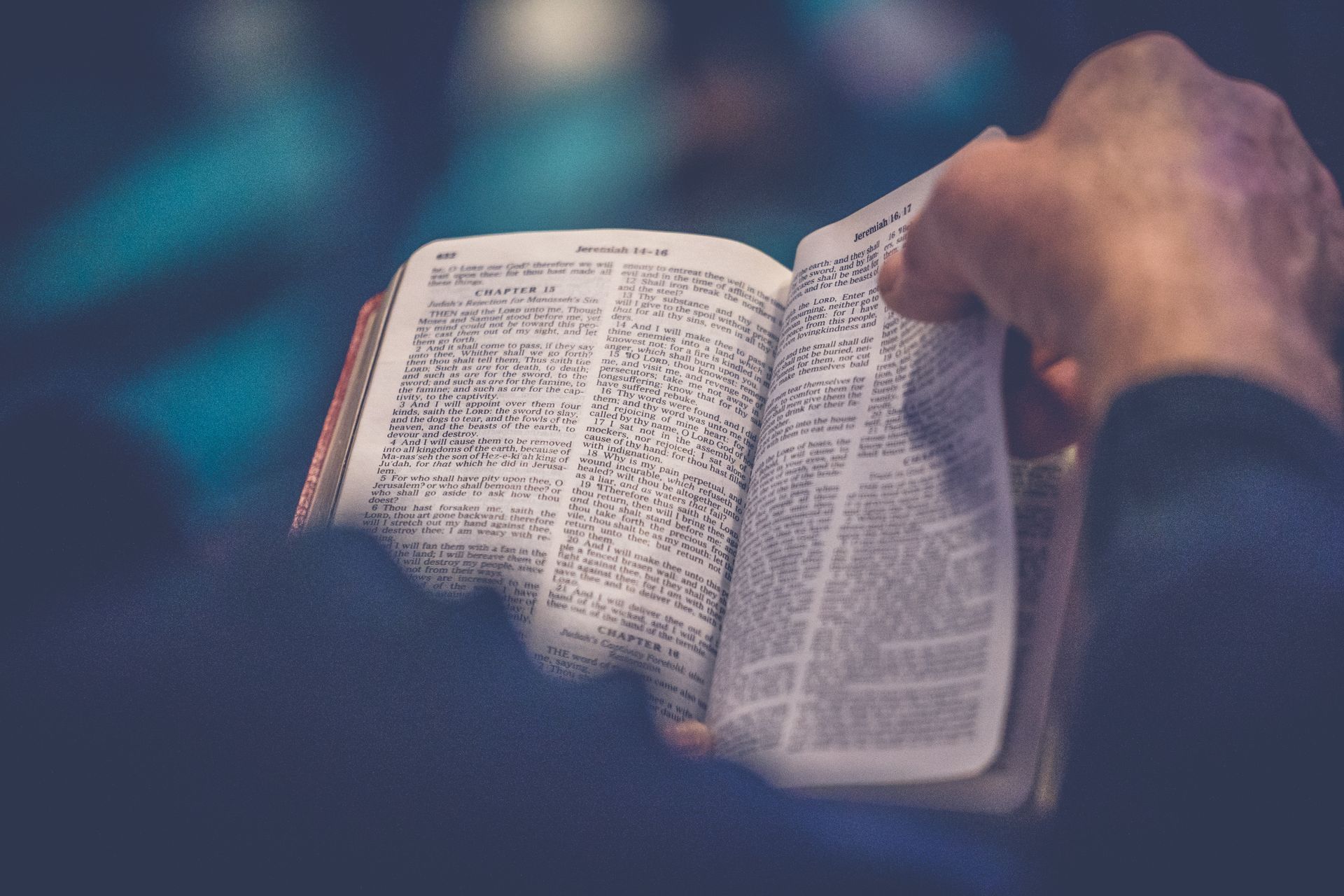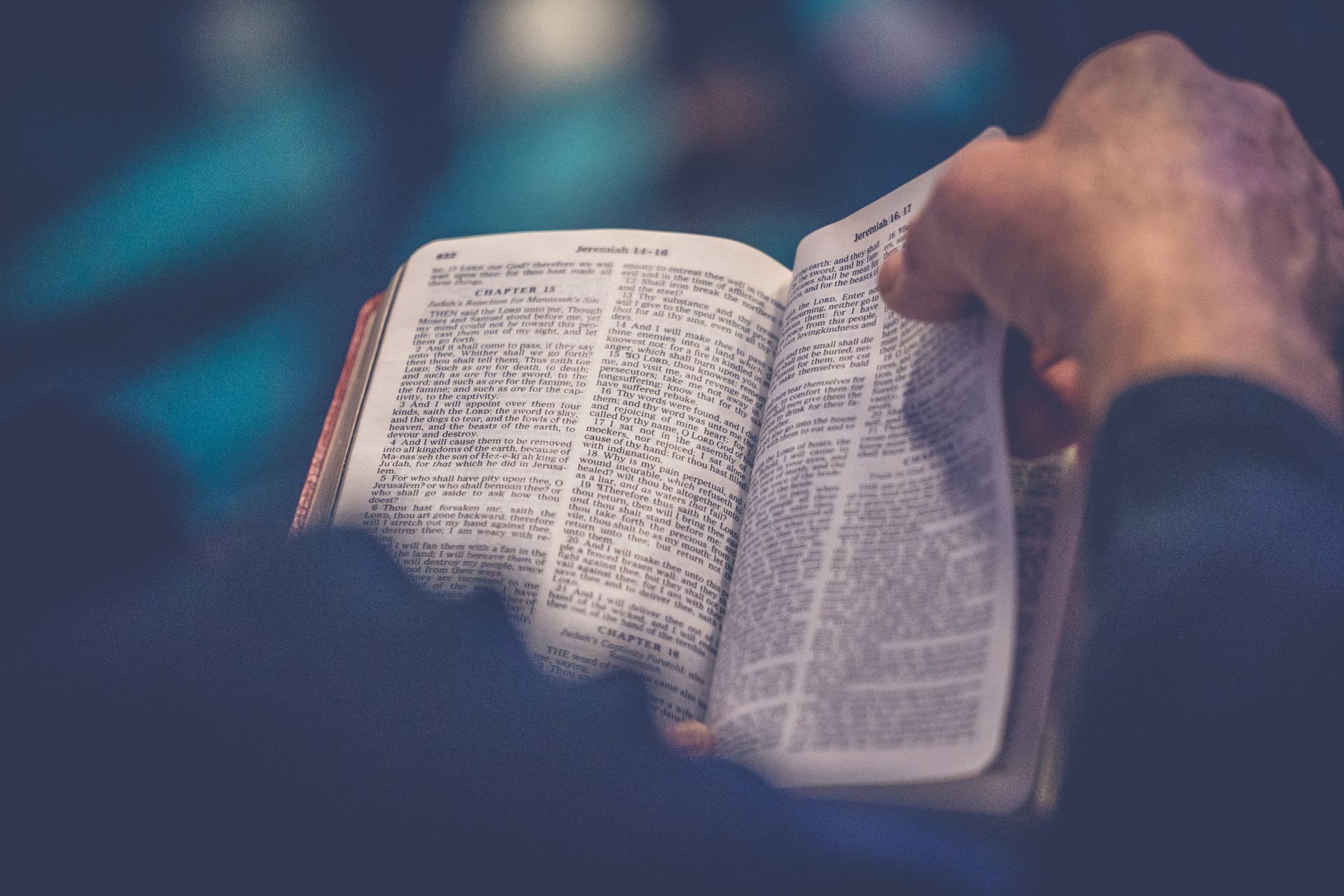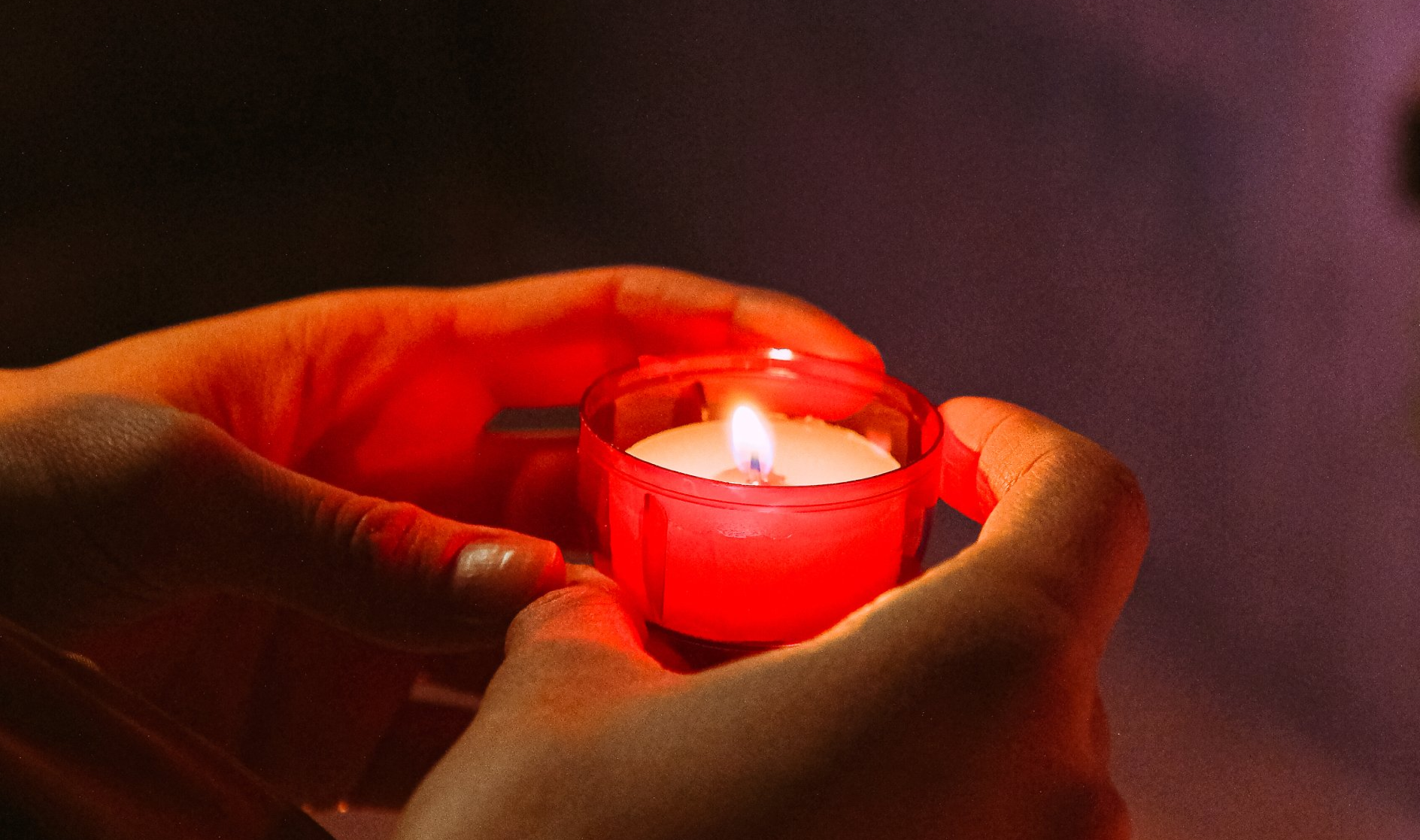Tuesday - November 12, 2024
SCRIPTURE
1 Peter 1.13 (NRSV)
Therefore, prepare your minds for action; discipline yourselves; set all your hope on the grace that Jesus Christ will bring you when he is revealed.
WORDS OF HOPE
Peter, an apostle of Christ, was speaking to a number of Christians who were in exile. That definitely implies that they were experiencing severe hardships. He encourages them to keep the faith and his words seem appropriate for our own time of troubles.
In this verse he urges us to "prepare our minds for action; to discipline ourselves. I get downright excited when I read this, because it highlights one of the most important truths about being human and striving for holiness at the same time. Most of us revere our minds and we listen to our minds a lot. Our minds are wonderful at doing math, solving puzzles and storing information. They do not serve us well; however, if they are not disciplined.
Left to their own devices, our minds are creative and make up cleverly crafted stories that often have unhappy endings. That produces fear and the scripture reminds us repeatedly to turn from fear. 1 John 4:18 tells us that "perfect love casts out fear". When Peter says we should discipline ourselves, we may perhaps understand that we are to discipline our minds, which will result in disciplined behavior. We can assign our minds useful tasks rather than let them run amok creating fear.
Peter says we should prepare our minds for action. The primary task of Christians is not to clothe ourselves in self-righteousness or spend our time polishing halos. It is to love God and to show Godly love to others. Note: love is an action verb!
Even during the pandemic, when we may not have thought we could do much when we were sheltering in place, but we could call and text others to check on their welfare and encourage them. We could share our resources. We could love them by not exposing them to risks. We could pray for others and let them know they were mentioned in our prayers daily. We could spread good cheer. Our neighborhood put stuffed animals in our windows for children to enjoy while their parents took them for walks. We had a huge Cheetah in our living room window that changed position every day courtesy of my granddaughter.
PRAYER
Loving God, thank you for your word and for your infinite grace. Help me to learn to rely on both for inspiration and for courage. I want to be full of love and full of grace, as you have commanded. When my mind would generate fear and my will would become weak, help me to "gird the loins" of my mind for action. Help me become love, as you are love and act, as you would act. Amen
DEVOTION AUTHOR
Carole Anne Sarah
Need Some Inspiration? Read our Daily Devotions






